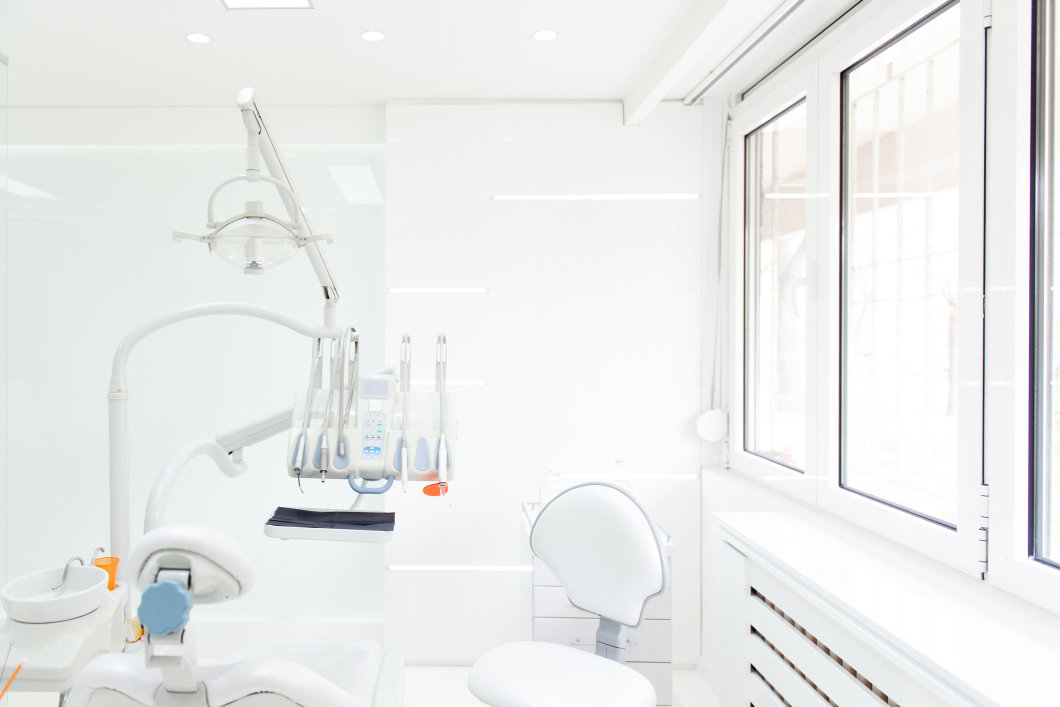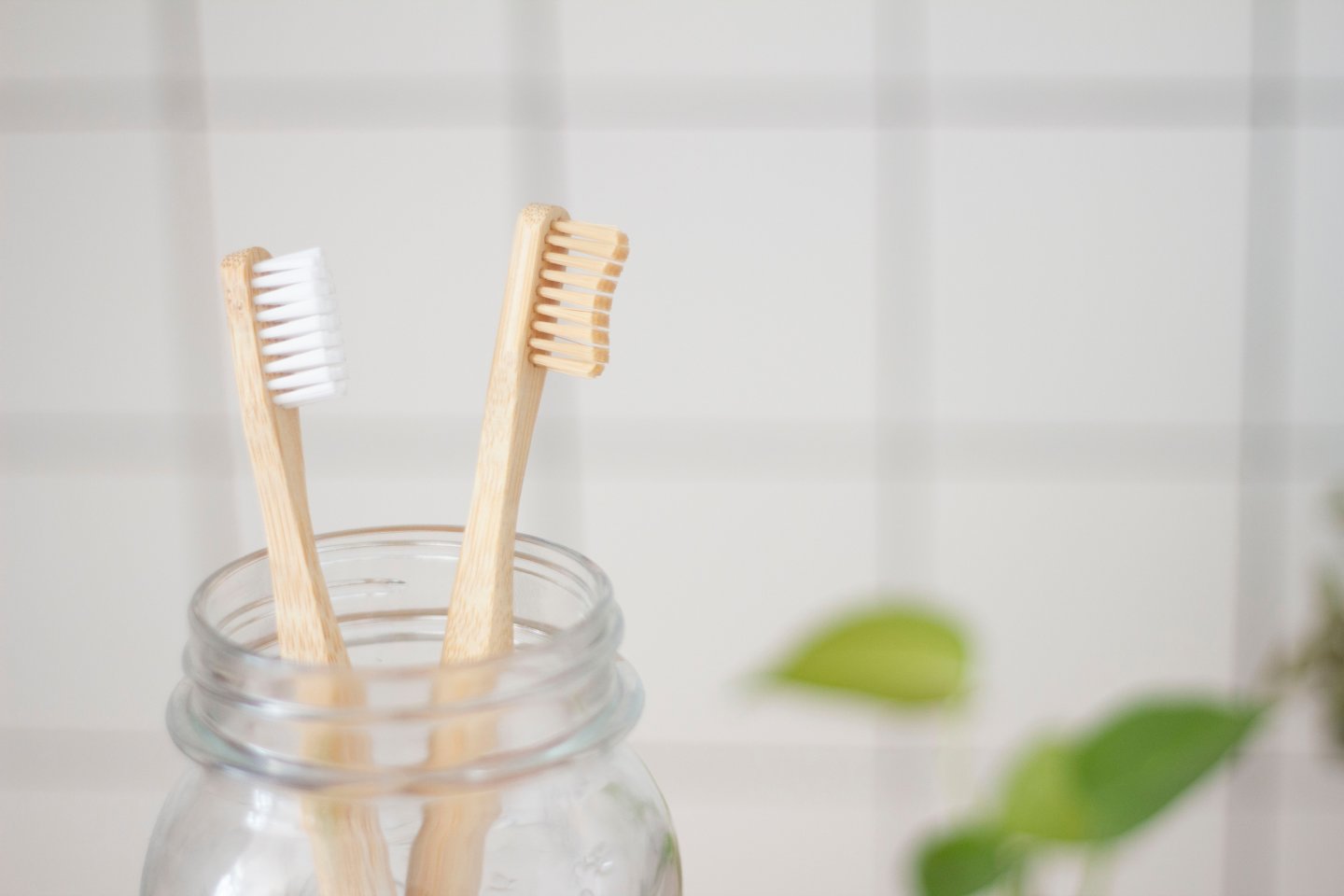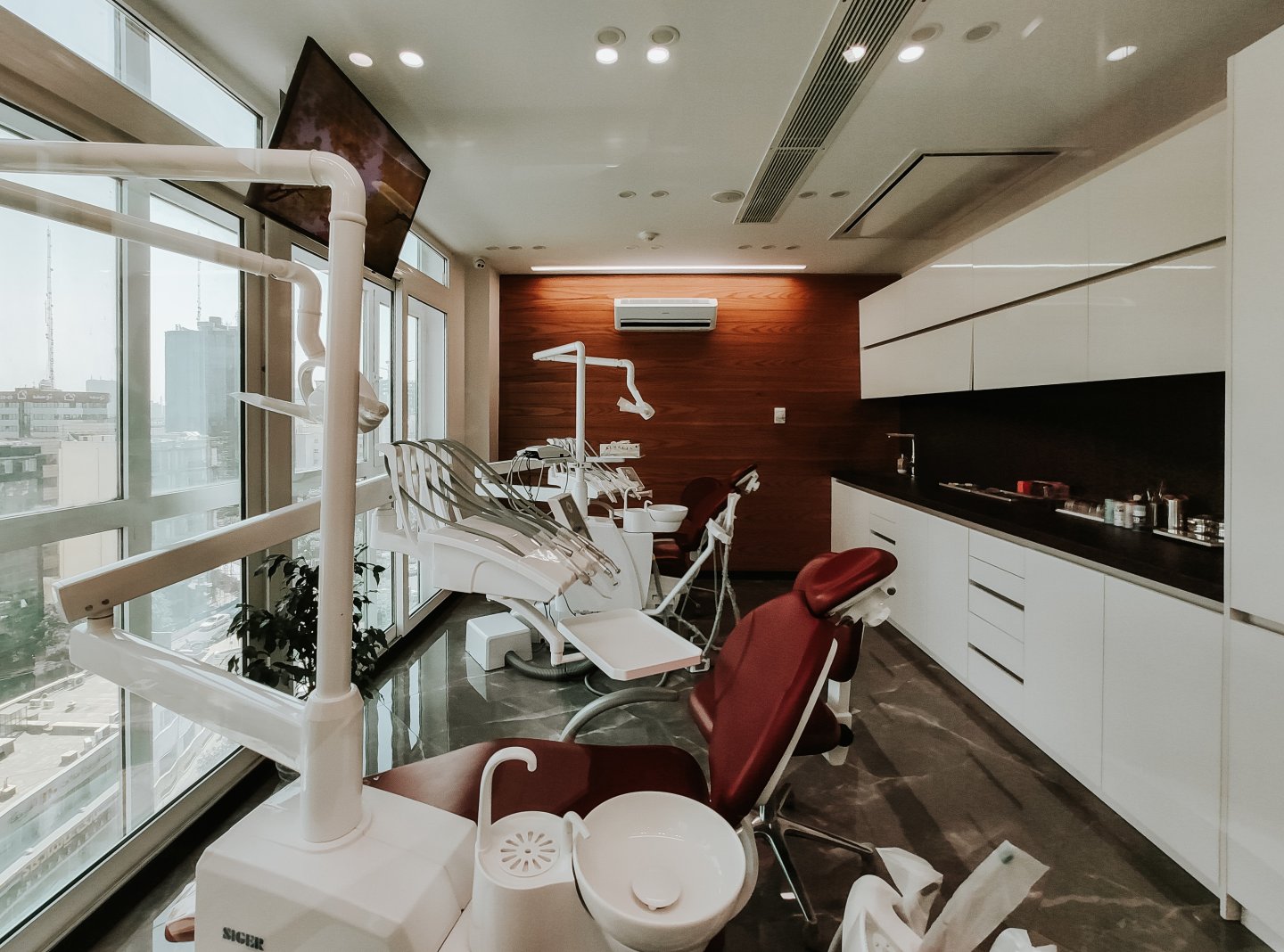
If you don’t have access to dental coverage through your employer, you’re not alone—25% of Americans are in the same boat. You might be wondering if you can still go to the dentist, and how much it will cost you. I’m here to set the record straight: you can absolutely get dental work done without insurance.
However, there are some complications you’ll need to navigate, including surprise bills, varying costs, budgeting, comparing practices, etc. Luckily, there are a few ways to figure out how much care will cost before you reach the dentist’s chair.
As a dentist myself, I’ll give you an inside look at what goes into charging for dental work, along with expert advice for figuring out how much you’ll pay. Plus, we’ll explore a new kind of dental plan designed specifically for people without employer-sponsored insurance.
How Much Does Dental Treatment Cost Without Insurance?
The biggest hurdle you face when visiting the dentist uninsured is opaque pricing: every dental practice will set different prices for different services. Luckily, we have data to give you a general idea of how much you might pay out-of-pocket for visiting the dentist. Our information comes from FAIR Health, an organization that collects and publishes fee data from around the country.
States have varying costs of living, which affect how much residents pay for rent, food, and even healthcare. Since Tampa is a mid-sized city in Florida, which is right in the middle of Patriot’s cost-of-living rankings by state, it’s a good benchmark to use as an estimated average cost across the U.S.
Here’s how much you’d likely shell out if you pay in cash for common dental services in Tampa:
Annual Cleaning—$114
Fillings—$286
Veneers—$1,687
However, don’t underestimate how much costs can vary by location. Here’s how much the same common dental services cost in Manhattan:
Annual Cleaning—$231
Fillings—$450
Veneers—$2,800
The stark differences here are something to chew on (sorry, dentist pun), but using these estimates as a guideline can help you budget.
Do Dental Insurance Carriers Pay the Same Amount as Cash Payers?
Short answer: No. Insurance companies have the resources to negotiate costs way down, and they do so with the collective bargaining power of their subscriber base.
Insurance carriers are very secretive about what they’re actually paying, so even if you are covered it can be difficult to tell whether you’re getting a fair price. But the result is the same: set prices for cash payers are not the same as what insurers are paying, so much so that NPR calls them, “fiction.”
On the other hand, patients paying out-of-pocket have no leverage. They pay what the dentist charges, and can’t easily compare prices to see if they could get a better deal elsewhere.
What Are My Options for Going to the Dentist Without Insurance?
Good news first: Yes, you can go to the dentist without insurance. Now the bad news. If your employer doesn’t offer insurance, you have limited options for managing dental appointments.
1. You Can Purchase Your Own Insurance Plan
Thanks to the Affordable Care Act, you can purchase your own insurance plan through the government’s online marketplace. In my experience as a longtime dentist who works to help patients take control of their dental costs, this can be one of the most unfair deals. The plans available for individual purchase are usually loaded with restrictions. Here are some of the most common ones I see:
Annual contracts that lock you in for a full year, whether you use it or not
Low annual maximums, limited restorative & major coverage in the first year
Treatment restrictions on the stuff you actually want (thinking about Invisalign? Your insurance might say think again)
Out of pocket costs at each visit, ranging from 20-50% of the total
Simply put, for many patients, this option does not make sense.
2. Fend for Yourself
Traditionally, there is no easy way to compare prices. So if you’re paying out-of-pocket, you’re really at the mercy of whatever your dentist decides to charge. And since many patients don’t find out what they’re paying until the bill comes, you can be in for a surprise.
It is technically possible for individuals to negotiate their bills, but that is more commonly done for hospital visits. Most run-of-the-mill dentists won’t negotiate. After all, if you’ve already received the service, you don’t have much of a leg to stand on for bargaining.
3. Use Smylen!
That’s why my co-founders and I started Smylen, an app that lets you compare prices and book dental work online. It’s a better solution for the nearly 25% of Americans who don’t get dental coverage through their employer.
You get access to top dentists and incredible discounts up to 80% off what you might pay if you book by yourself. You’ll also never have to guestimate how much dental work will cost or get stuck with a surprise bill again. You can see exactly how much you’ll pay, and compare the prices to find the right practice for you.
Unlike insurance, you only pay for what you use, so there are no wasted premiums. Plus, there are no restrictions on treatment, so you can make your own choices about cosmetic treatment, implants, whitening, and more. All of this with total transparency.
While you can still go to the dentist without insurance, there are a lot of hoops to jump through if you book by yourself. But Smylen has your back, helping you find the right provider by comparing upfront pricing on dental procedures. To see just how easy it is to book and save on dental work without insurance, check out Smylen today.







